
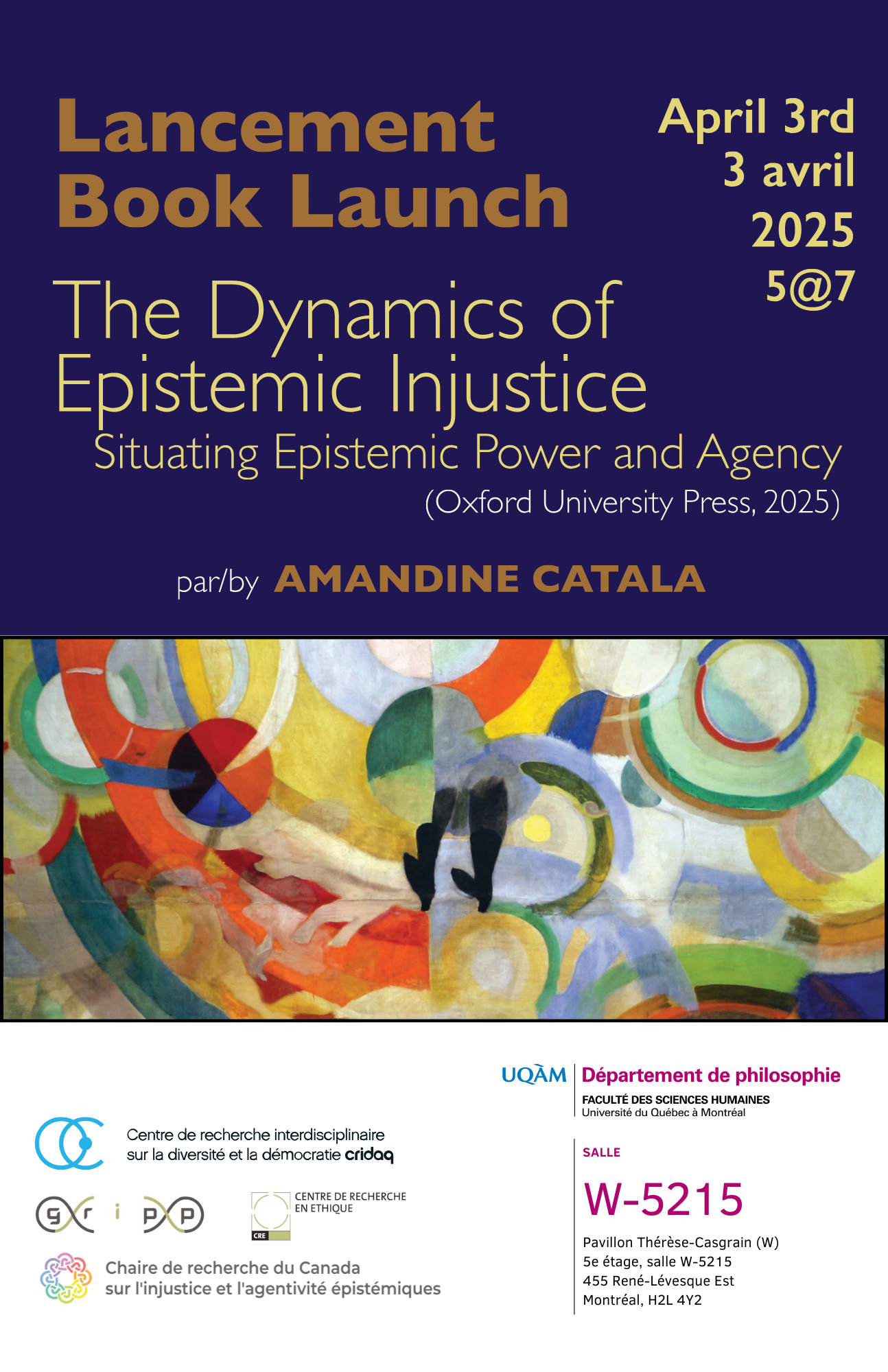
The Chair is delighted to announce the launch of Amandine Catala’s new book, The Dynamics of Epistemic Injustice: Situating Epistemic Power and Agency (Oxford University Press, 2025), which will take place at the Philosophy Department at UQAM on Thursday, April 3rd, 5-7 pm, room W-5215, with the support of the Department, the CRÉ, the GRIPP, and the CRIDAQ.
On the agenda
- Discussion about the book with Ryoa Chung (20-30min)
- Q&A session with the audience (20-30 min)
- A convivial moment over a drink
Archives

Epistemic Justice Webinar
The Canada Research Chair in Epistemic Injustice and Agency hosts an online lecture series, featuring scholars who are under-represented in philosophy and academia and/or who work on issues related to minoritized groups. The sessions will be held online on Zoom. The Chair is delighted to welcome the following scholars as part of this series:
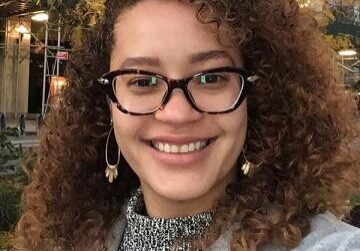
Briana Toole (Claremont McKenna College)
October 11, 2024, 3pm-5pm (Montreal time, EST)
In person at UQAM, DS-1950
Standpoint Epistemology – Social or Applied?
As a standpoint epistemologist, I have sometimes been called an “applied epistemologist”. But is this characterization of standpoint epistemology correct? On the surface, one might think the distinction is insignificant. But I argue that the interpretation of standpoint epistemology as an applied epistemology serves an important ideological purpose: it preserves an epistemological landscape wherein mainstream, or traditional epistemology, is the default theory of knowledge. This in turn diminishes some of the central insights of standpoint epistemology, most notably those that represent standpoint epistemology as an alternative to classical theory, or demand a revision of key components of traditional epistemology.
This paper aims to accomplish two tasks: first, to show that standpoint epistemology, though a social epistemology, is not an applied epistemology. I’ll then argue that classical epistemology is social in many of the same ways that standpoint epistemology is – it merely hides this fact. In epistemology, traditional epistemology holds pride of place. It maintains this grip on the field primarily through the devaluation of alternatives, like standpoint theory. By clarifying the relationship between the social and applied, as well as between traditional and standpoint, I hope to de-center traditional epistemology, and to reposition it as but one theory among many.
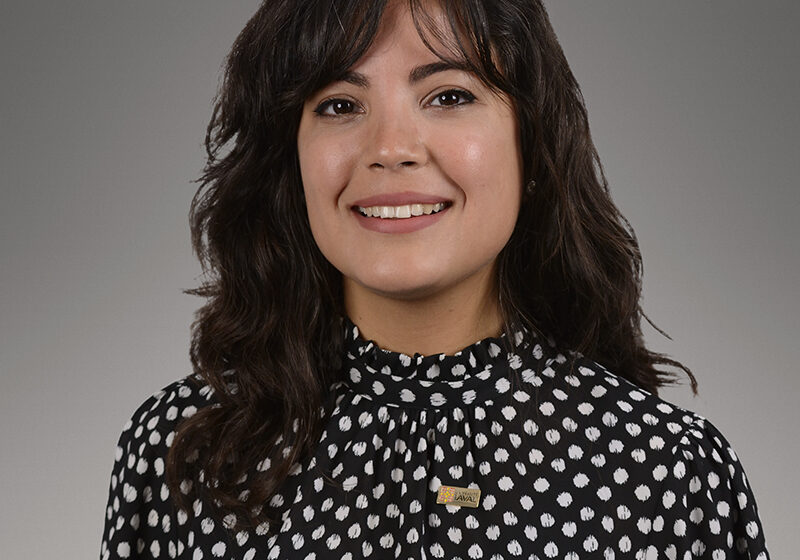
Khaoula Zoghlami (U Laval)
November 1st, 2024, 12pm-1pm (Montreal time, EST)
On Zoom
Le professionnalisme paradoxal de la parole militante antiraciste : négocier la débattabilité médiatique du racisme et ses scripts raciaux
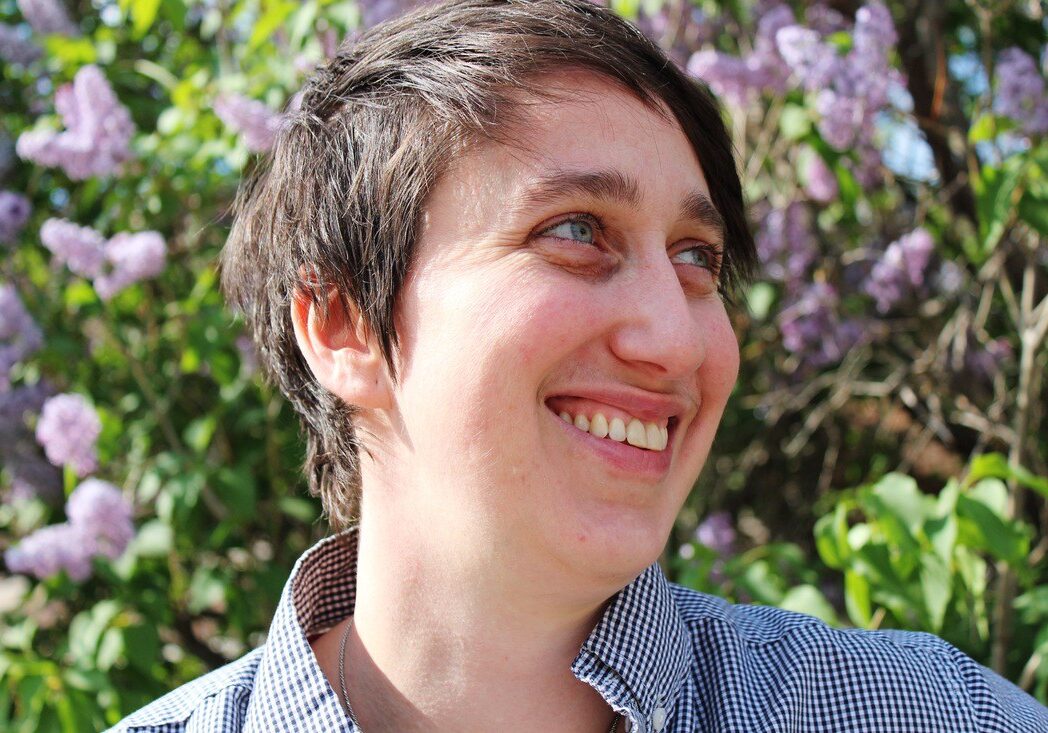
Danielle Peers (U Alberta) and Nathan Fawaz (U Alberta)
November 22, 2024, 12pm-1pm (Montreal time, EST)
On Zoom
Axiological Crip-tic: the good, the bad, and the beauty
Philosophy of Psychiatry Webinar
This webinar is intended to contribute to a better understanding of clinical and theoretical psychiatry. Every two weeks, internationally renowned experts will present their work to the public, who will be invited to participate in a discussion.
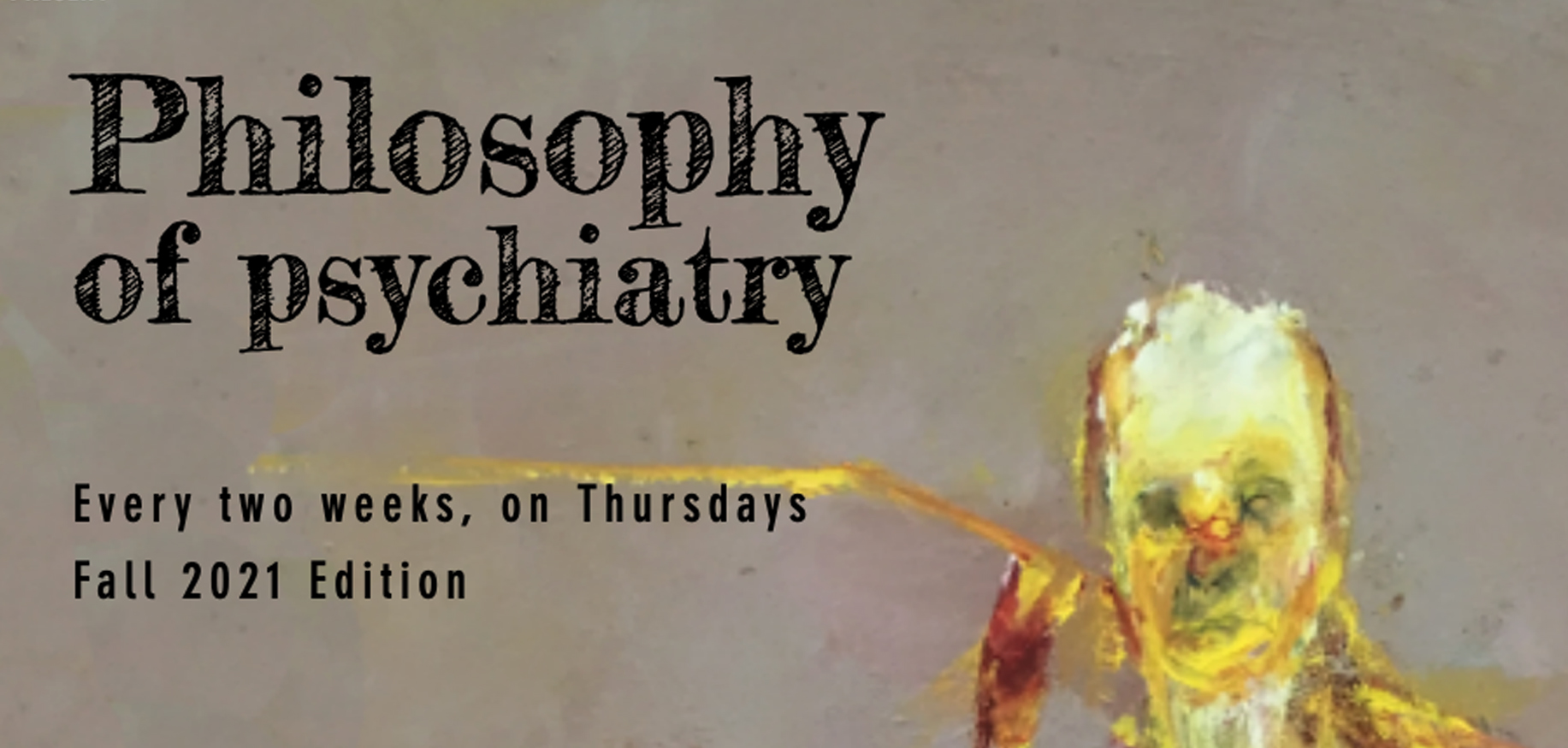
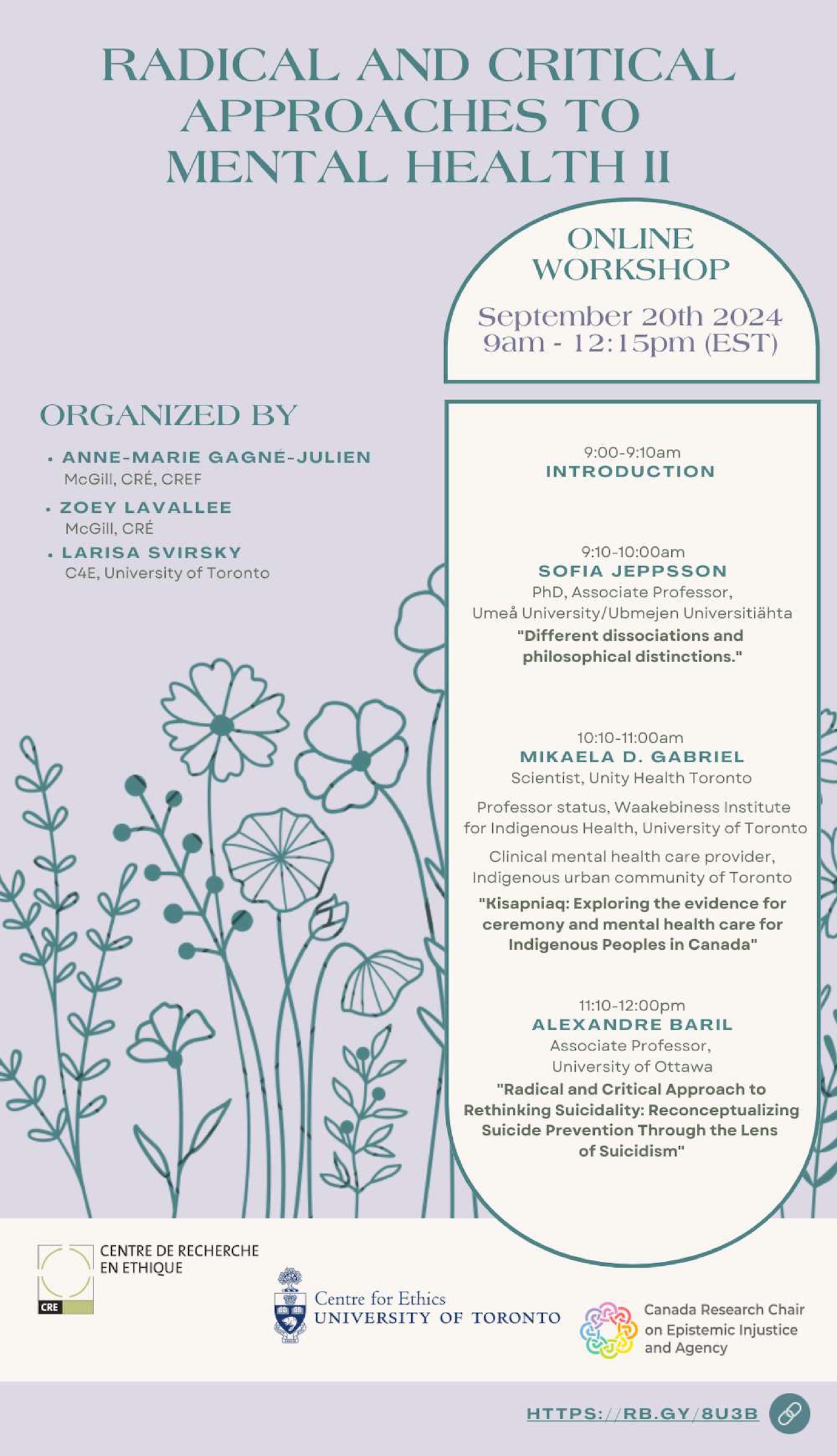
Workshop on Radical and Critical Approaches to Mental Health II
The workshop, organized by Larisa Svirksy, Anne-Marie Gagné-Julien, and Zoey Lavallee, is co-sponsored by the Centre de Recherche en Éthique, Montréal (CRÉ), the Centre for Ethics, University of Toronto (C4E), and the Canada Research Chair on Epistemic Injustice and Agency (CRC-IAE).
The workshop is fully online, on zoom.
September 20th 2024 - 9:00 am - 12:15 pm EDT
Speakers:
- Sofia Jeppsson: ‘Different dissociations and philosophical distinctions.’
- Mikaela D. Gabriel: ‘Kisapniaq: Exploring the evidence for ceremony and mental health care for Indigenous Peoples in Canada.’
- Alexandre Baril: ‘Radical and Critical Approach to Rethinking Suicidality: Reconceptualizing Suicide Prevention Through the Lens of Suicidism’

International Conference:
Epistemic Oppression and Decolonization
Quand? Les 29-30-31 mai 2024
La conférence est gratuite et ouverte à tout le monde: pour assister en ligne ou en personne, veuillez utiliser le lien livestream ou d’inscription
Livestream Youtube
(pas d'inscription requise)
Pour assister en personne à l’UQAM
(inscription obligatoire avant le 8 mai)
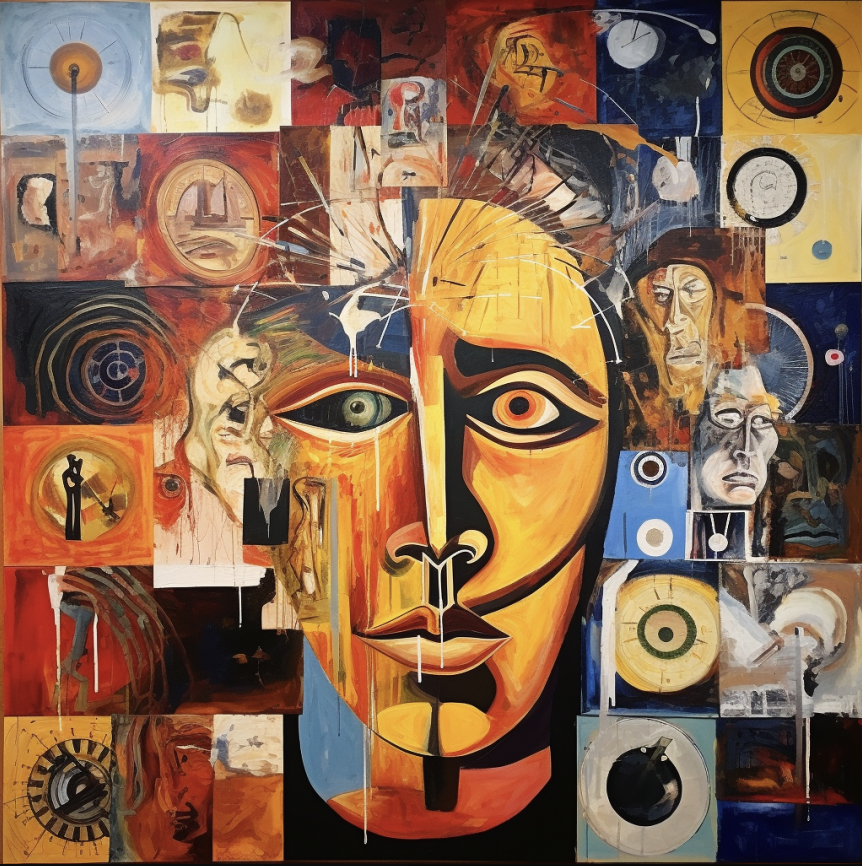
Epistemic Injustice and Religious Identities
Amandine Catala‘s Canada Research Chair on Epistemic Injustice and Agency and François Claveau‘s Canada Research Chair in Practical Epistemology are inviting submissions for the upcoming workshop: “Epistemic Injustice and Religious Identities”.
This workshop will be held in person in Montreal, Canada. We will, however, have the possibility to accommodate speakers who would not be able to join in person with a hybrid format. We only ask that, in this case, you commit to attending the whole workshop.
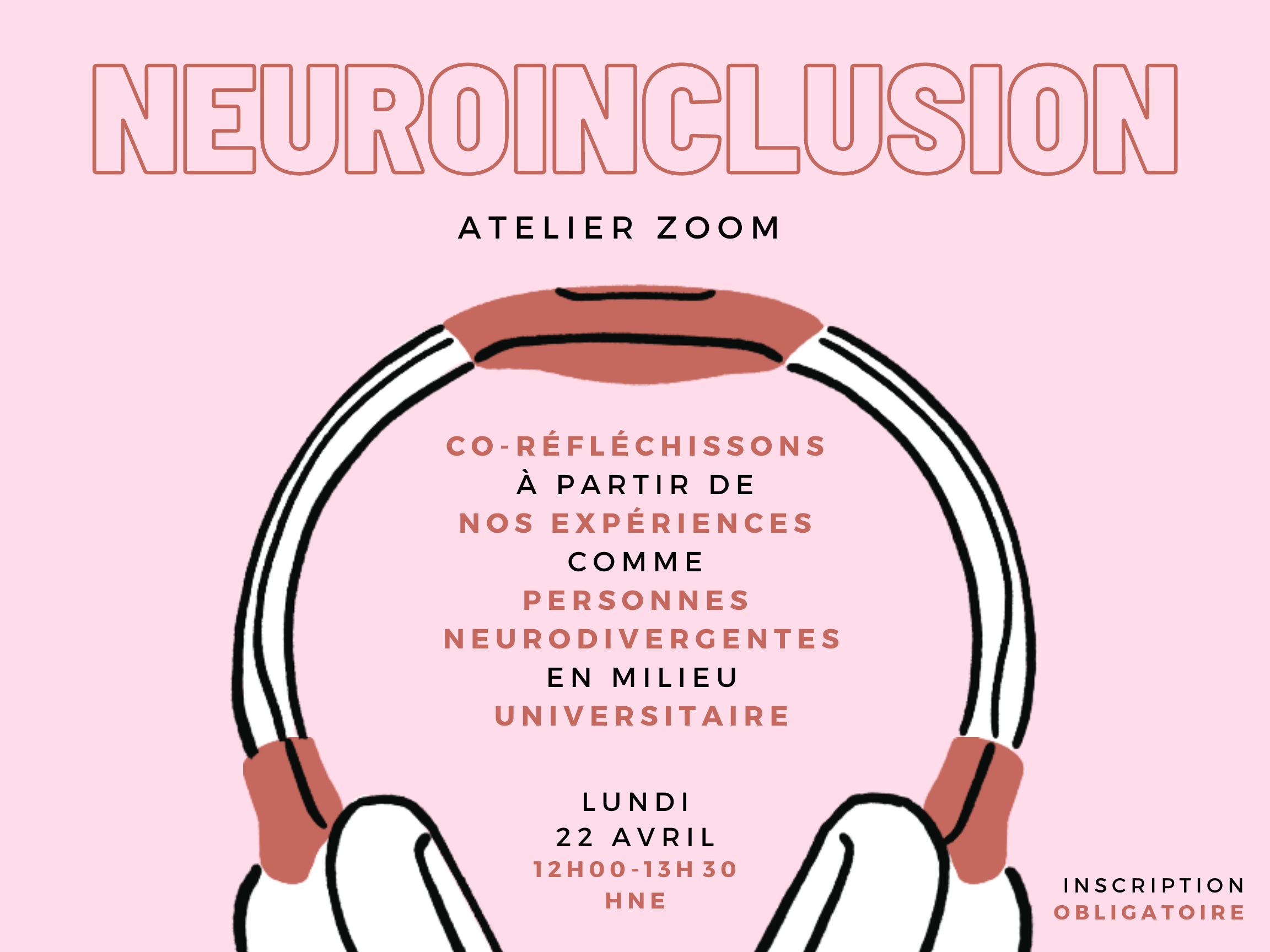
Zoom Workshop - Neurodiversity & neuroinclusion
Thème: Co-réfléchissons à partir de nos expériences comme personnes neurodivergentes en milieu universitaire
Quand? Lundi, le 22 avril, de 12h à 13h30 (heure de l'est)
Où? Sur Zoom (le lien vous sera envoyé par courriel la veille)
Organizing committee
- Amandine Catala (Philosophy, UQAM)
- Mathilde Chagnon (Occupational therapy, Sherbrooke)
- Marjorie Désormeaux-Moreau (Occupational therapy, Sherbrooke)
- Tommy Khang Giang (Occupational therapy, Sherbrooke)
- Mylène Legault (Philosophy, UQAM)
With the support of
- Autisme Soutien
- Collectif Autiste de l'UQAM
- Canada Research Chair on Epistemic Injustice and Agency (CRC-IAE)
Questions?
crciae.uqam@gmail.com

Epistemic Justice Webinar
The Canada Research Chair in Epistemic Injustice and Agency hosts an online lecture series, featuring scholars who are under-represented in philosophy and academia and/or who work on issues related to minoritized groups. The sessions will be held online on Zoom. The Chair is delighted to welcome the following scholars as part of this series:
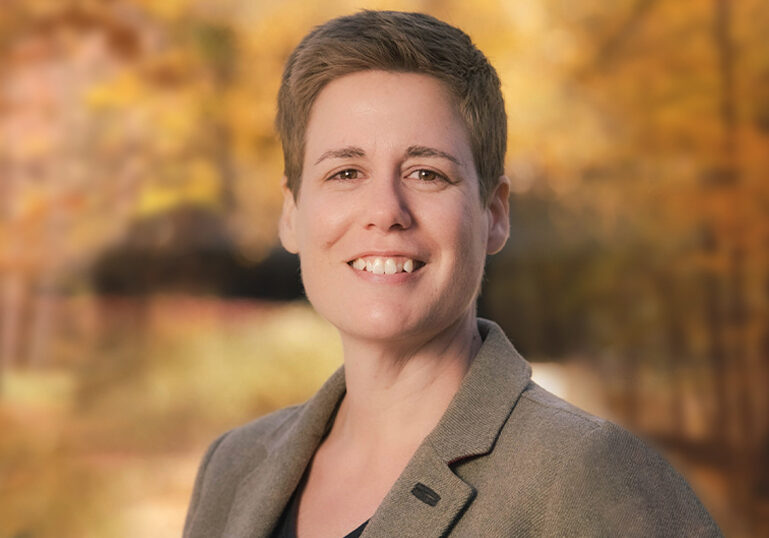
Susan Dieleman (U. Lethbridge)
January 26, 2024,12-1 pm (Montreal time, EST)
[EN] "Competence and Sincerity in a Post-Trust Society"
Since 2016, when the Oxford English Dictionary identified “post-truth” as its word of the year, the apparent crisis of truth has been lamented by many who have unhelpfully defined a post-truth context as one in which appeals to emotion have more sway than appeals to facts. In this presentation, I contend that this crisis of truth is better understood as a crisis of trust. Or, more accurately still, that trust and truth are likely to stand and fall together. As a result, we who are interested in addressing contemporary political crises would do well to attend to the role(s) competence and sincerity – two features thought to comprise epistemic trust – play in our relationships with various others.

Gina Lafortune (UQAM)
February 16, 2024, 12-1 pm (Montreal time, EST)
[FR] "Naviguer les complexités de la recherche sur le racisme"
- Gina Lafortune is a professor in the Department of Specialized Education and Training at the Université du Québec à Montréal.
- She holds the Research Chair on Racism in Education.
- Her research interests focus on the socio-school and identity experiences of young people from immigrant and racialized minority backgrounds.
- She is particularly interested in the experience of black students in Quebec and the intersection of class, race and gender in this experience.
- Her expertise covers school-family-community relations in multi-ethnic environments, the challenges of combating discrimination and racism, and how to take account of ethno-cultural diversity in educational settings in relation to teacher training issues.
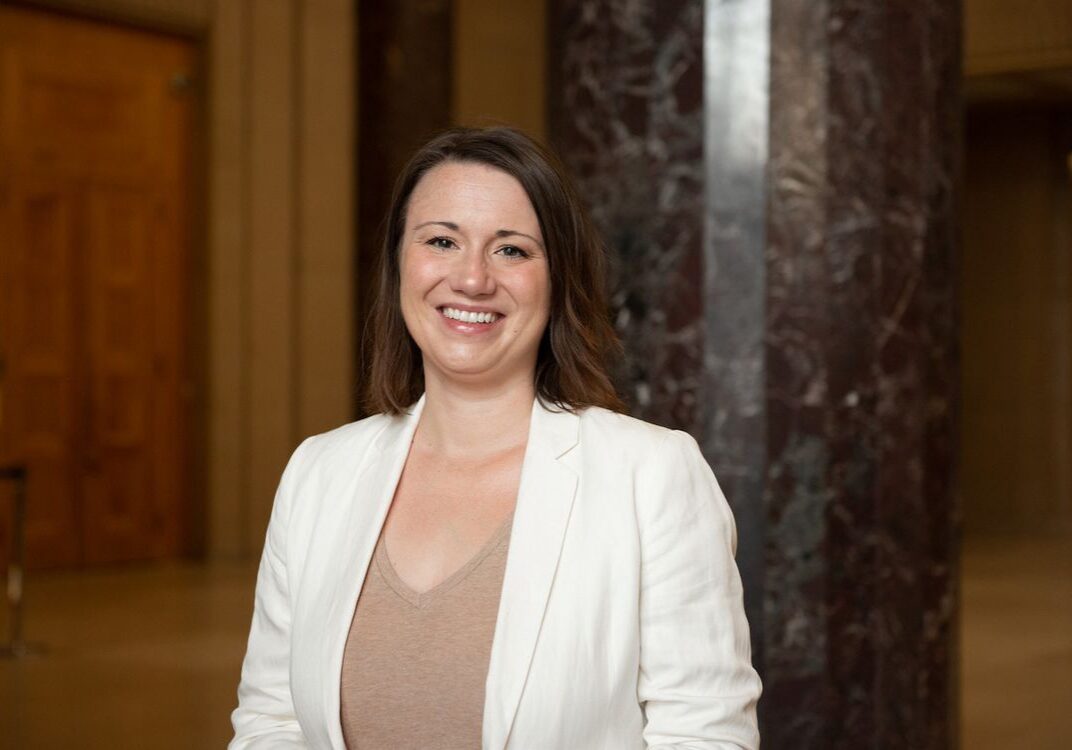
Karine Millaire (UdeM)
15 March 2024, 13h30-14h30 (Montreal Time, EST)
[FR] "Autodétermination autochtone et sécurisation culturelle : réflexions juridiques et épistémiques"
Forthcoming

Danielle Peers (U Alberta) and Viktor Fawaz (U Alberta)
Reporté
[EN] "Axiological Crip-tic: the good, the bad, and the beauty"
Danielle Peers (they/them) is a Canada Research Chair (Tier II, SSHRC) in Disability and Movement Cultures, and an Associate Professor in the Faculty of Kinesiology, Sport, and Recreation at the University of Alberta. Danielle studies how movement cultures (including art, recreation, and sport) can be used to transmit and transform a community’s values, politics, and inequities. Mobilizing embodied disability justice approaches, Peers prioritizes deep, intersectional collaborations, in order to co-create knowledges and practices that reduce harm and create more accessible, affirming, and transformative movement cultures. Danielle’s work draws from their experiences as a Paralympic athlete, coach, dancer, and filmmaker. Danielle has done extensive accessibility and equity consultation in education, sport and recreation, and non-profit sectors, and is currently the University of Alberta’s Academic Lead, Equity Praxis and Systemic Ableism.
Nathan Viktor Fawaz (they/he/she) is a PhD Candidate and Trainee (Re-Creation Collective, NSERC SMART-CREATE) in the Faculty of Kinesiology, Sport, and Recreation, as well as an Intern in the Office of the Vice Provost: Equity, Diversity, & Inclusion at the University of Alberta. Nathan is curious about the way bodies are and can be mobilized: somatically, affectively, athletically, and narratively to determine and delimit the social conditions in which we exist, intervene, resist, and coexist. Fawaz’s work closely attends the ongoing conversation between stated and implied values (individual, familial, community, and institutional) and the varying effects of value expression (in practice, policy, procedure, and processes). Drawing on their training and experiences in teaching, as a patient, story-listening, fine arts and creative making, community-building, and conflict resolution, Nathan is interested in the ways in which liminal and intersectional subject positions can offer theoretical insight and applied tools toward taking non-exiling approaches to mutual flourishing and collective dignity. Nathan’s work is supported, in part, by funding from: the Social Sciences and Humanities Research Council of Canada, the Natural Sciences and Engineering Research Council of Canada, and the Mitacs Accelerate program.

Epistemic Justice Webinar
The Canada Research Chair in Epistemic Injustice and Agency hosts an online lecture series, featuring scholars who are under-represented in philosophy and academia and/or who work on issues related to minoritized groups. The sessions will be held online on Zoom (and sometimes in hybrid mode). The Chair is delighted to welcome the following scholars as part of this series:
Program:
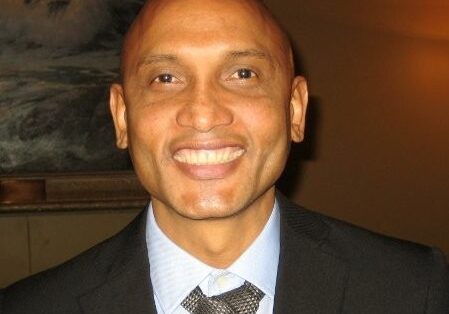
Wesley Crichlow
September 22, 2023, 12-1pm (hybride)
"A Critical Race Analysis of White LGBTQI+ Organizing and Erasure of Black LGBTQI+ Bodies"
This conversation will provide a theoretical critique inviting more conversations regarding how Critical Race Theory Intersectionality (CRTI) and decolonization modes of analysis can be used to critique and challenge white supremacy and anti-Black racism in Canadian LGBTQI+ organizing.
Dr. Wesley Crichlow (Ph.D., University of Toronto) professor whose work dovetails at the intersection of Canadian Critical Race Theory Intersectionality (CRTI) Decoloniality, Ensalvism, Abelism, Anti-Black Racism and Black Queer Trans and Non-Binary Embodiment and Scholarship. His work aims to alleviate anti-Black racisms, heterocisnormativity, transmisogyny, structural, and systemic inequalities. His work aims to provide incremental measures to alleviate anti-Black racism, homophobia, transmisogyny, structural, and systemic inequalities. He advances a critical epistemological perspective connecting these theories as his signature praxis and framing for his research, teaching, and service, embodying a humanizing pedagogy for addressing Black health and mental health activism and racial resentment, racial injustice, and hate, moving toward actions, to realize justice.
His first published SSHRC funded book: Buller Men & Batty Bwoys: Hidden Men In Toronto & Halifax Black Communities (2004), focused on interviews with Black Gay Men in Toronto’s Caribbean diasporic community and Halifax Black Community. This monograph was the first Black, scholarly, queer text to offer readers a critical insight into the complex lives of Black, Gay, and Bisexual men in Canada. It also offered a critical analysis of racialized heterosexism within Black diasporic communities. This work was also an attempt to restore indigenous sexual terms as a response to politicized language of gay, lesbian, and queer politics.
His current research project advances these intersections by examining the “Carceral Intersections of Gender Identity, Sexual Orientation and Trans Experience in Confronting Anti- Black Racism, Anti-Black Hate and Structural Violence in the Prisoner Re-entry Industrial Complex”. To better understand the community re-entry needs of formerly federally incarcerated Black & Trans Men who have a range of same-gender experiences, including same-gender sex, desires, relationships, identities, who enjoy and love other men, including Gay, Bisexual, Transmen, Gender-Diverse, Nonbinary and Queer Men. My research is guided by Tri- Council/Agency of Canada (Canadian Institutes of Health Research, Natural Sciences and Engineering Research Council of Canada, and the Social Sciences and Humanities Research Council) Policy Statement: Ethical Conduct for Research Involving Humans, advancing Black scholarship, fostering EDID and community-engaged research principles. His many years of scholar and community activism development and engagement have engendered trust, credibility, and respect that strengthen as well as broader notions of Black same gender loving, racial and gender justice. He teaches courses on Critical Race Theory Intersectionality, Decolonizing Anti-Blackness, Black LGBTQI+ theory, and Black Lives Matter as activism and social justice at Ontario Tech University (2003-present) within the youth and criminal justice discipline.
Past Critical Race Intersectional Scholar & Equity Expert Appointments
Promoting Health Equity: Mental Health of Black Canadians (for the Public Health Agency of Canada). In this role, they advise on how systemic, structural racism reproduces anti-Black racism (ABR) and health inequalities faced by diverse Black Canadian communities.
Director, Equity for the Federation for the Humanities and Social Sciences and a member of the Federation/Congress planning committee 2021 on Equity, Diversity, Inclusion and Decolonization and the Standing Policy and Programs Committee (PPC).
Dimensions Expert Member, as an Expert Member, on the Dimensions Charter Program on Equity, Diversity, and Inclusion (EDI) in collaboration with NSERC, CIHR and SSHRC. The Dimensions committee provides EDI support to all Canadian universities and creates educational resources for divisional university leaders to ensure widespread institutional adoption of best practices in EDI, LGBTQI2S+ and Indigenous representation, retention, research, and innovation.
Past City of Toronto Anti-Black Racism Service
City of Toronto Partnership and Accountability Circle (PAC) of the Confronting Anti-Black Racism Unit (CABR).
Diasporic Work
He is also committed to working across borders, connecting the spaces between the Caribbean and Canada, as well as unsettling the uneven terrain. This is evident in his book Buller Men & Batty Boys: Hidden Men in Toronto and Halifax’s Black Communities (University of Toronto Press, 2003), in the Caribbean Review of Gender Studies special issue on Black Caribbean Hypermasculinity’s, which he co-edited, and in “Weaponization and Prisonization of Toronto’s Black Male Youth.”
Publication Summary
He has published one book, co-authored two books, coedited three journals, written numerous peer-reviewed articles, book chapters, government reports and conducted radio, podcast, tv and newspaper interviews and has been invited to over two hundred scholarly and community public lectures.
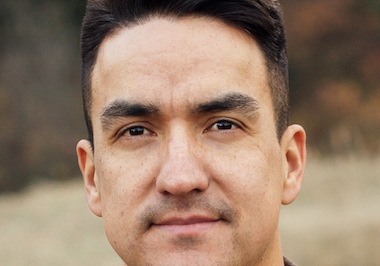
Grant Bruno
October 6, 2023, 12-1pm (online)
"An Exploration of Indigenous Autism in Canada: A Nehiyaw Perspective"
Indigenous people are often under-presented in the discourse around autism. Drawing from his experience as a parent and member of Samson Cree Nation, Grant will explore ideas and concepts on how to better support Indigenous families with autistic children by incorporating Indigenous perspectives and knowledge into practice. Grant will also discuss the significance of Indigenous culture and connection in creating healthy environments, as well as explore practical tips for integrating holistic models into Western approaches, practices, services, and supports.
Grant Bruno is Nehiyawak (Plains Cree) and a registered member of Nipsihkopahk (Samson Cree Nation), one of the reserves that makes up Maskwacis, Alberta. He is a PhD in Medical Sciences - Pediatrics student at the University of Alberta. Grant Bruno is a father, two of his children are on the autism spectrum. His PhD research will explore redefining autism from a Nehiyaw lens, gathering stories with families and individuals who have experiences with autism using a strength-based approach, as well as gathering data on the perspectives of autism in Maskwacis.
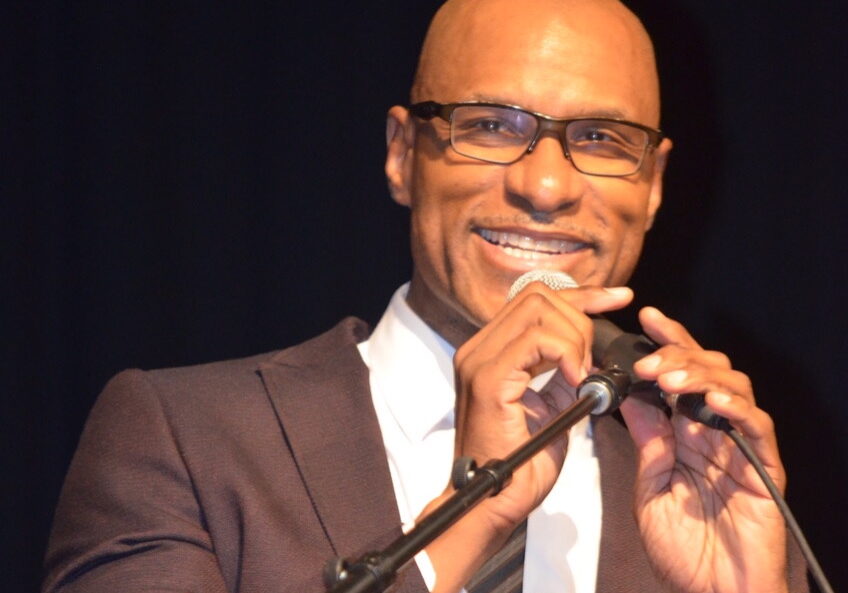
Philip Howard
October 27, 2023, 12-1pm (online)
"Situating the Antiblack Violence of Blackface in Canada & Quebec: The Pornotrope as Analytic"
This talk will examine contemporary Canadian blackface incidents that portray overt antiblack violence as well as the non-place of gender in these portrayals, and work with Spillers’ (1987) and Weheliye’s (2008) formulations of the pornotrope, to trace the ways that gender and violence as well as the scopic/spectacular are inseparably intertwined in contemporary blackface. I argue that in the postracialist context of Canada, anti-black violence is always haunting even the most seemingly innocuous blackface incident, and that, consequently, the blackface performance of enfleshment is performative, instantiating, in the performance, the very relations it portrays and reinforcing the long historical libidinal grounds for the perpetuation of the relations of (racial) capitalism in educational institutions and beyond.
Keywords: antiblackness, blackface, pornotrope, racial capitalism
TCB
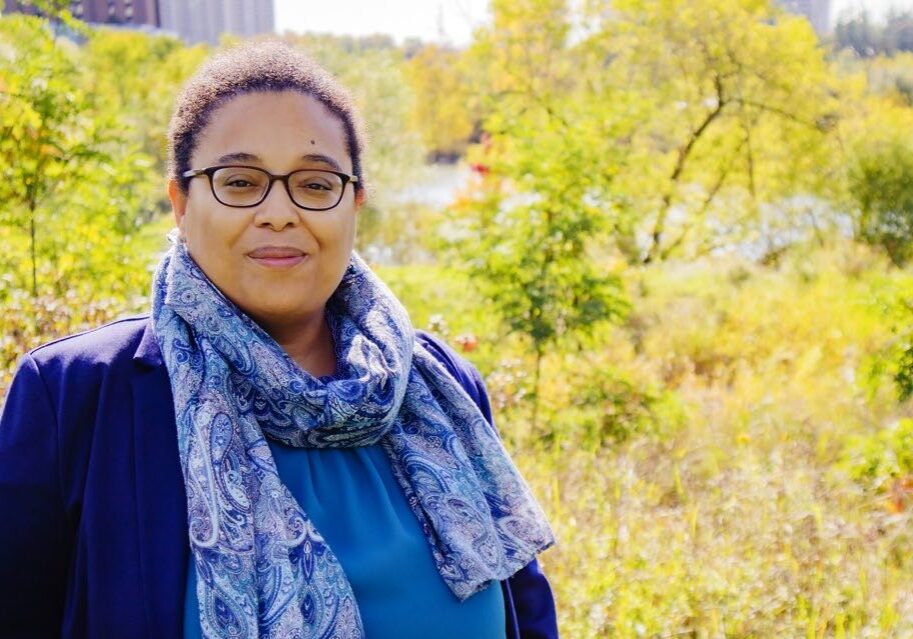
Agnès Berthelot-Raffard
November 10, 2023, 12-1pm (online)
"Repenser l’intellectualité : une perspective féministe noire en études critiques du handicap"
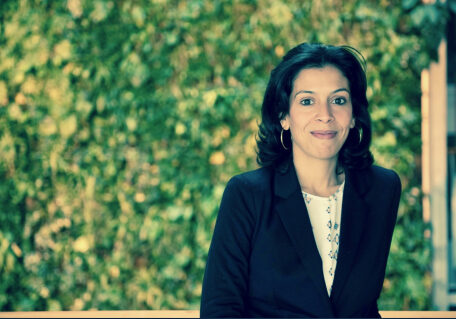
Leila Benhadjoudja
November 24, 2023, 12-1pm (in person)
"Bad faith, ignorance et récit national"
Bad faith, ignorance et récit national Avec l'idée de "Bad faith", le philosophe Afro-américain Lewis Gordon nous permet de mieux penser les stratégies et les nuances de l'ignorance blanche. Ces stratégies sont prégnantes dans les récits nationaux contemporains, bien qu'elles puissent varier selon les contextes socio-politiques. En suivant cette idée, je propose une réflexion sur la façon dont la notion de "Bad faith" peut-être mobilisée pour comprendre la restructuration des discours sur la race, et de revisiter la généalogie du récit sur la nation et ses altérités raciales.
Leila Benhadjoudja works as an assistant professor at the Institute of Gender and Women's Studies at the University of Ottawa. Her research interests include racism and anti-racism in Quebec, Islamophobia and feminist resistance. She is also co-founder of the Ottawa Feminist Festival and a member of the University of Ottawa BIPOC caucus. Among her publications: 'Racial Secularism as Settler Colonial Sovereignty in Quebec' in Islamophobia Studies Journal; 'Territoires de libération. Perspectives féministes musulmanes' in the journal Tumultes.
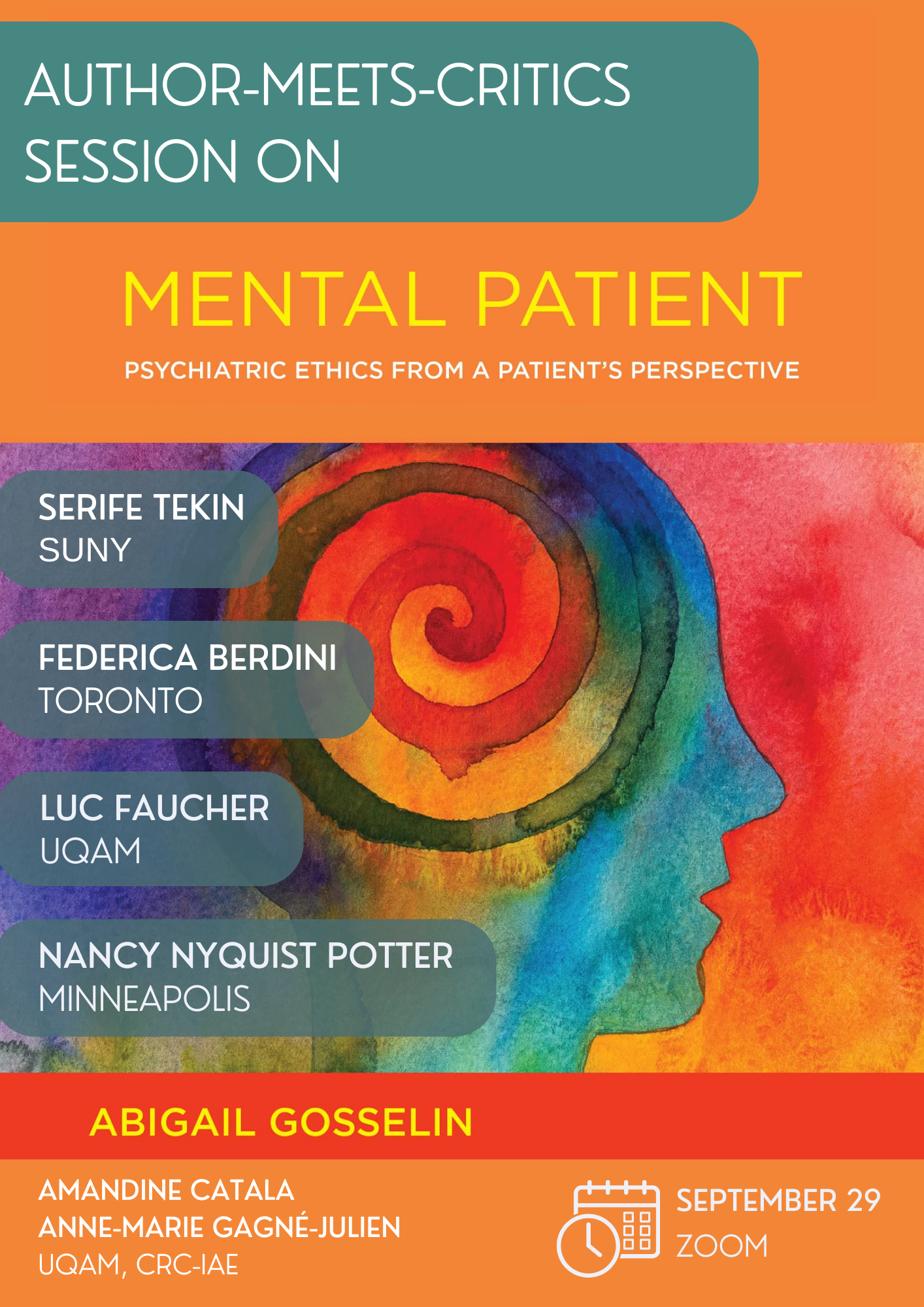
Author-meets-critics session on Mental Patient by Abigail Gosselin (MIT Press)
Organized by the Canada Research Chair on Epistemic Injustice and Agency (Department of Philosophy, UQAM)
Friday, September 29, 2023 (entirely on Zoom)
NB: All times below are listed in EST
- 11-11:15am: Welcome and introductory comments: Amandine Catala and Anne-Marie Gagné-Julien (UQAM, CRC-IAE)
- 11:15-11:30: Commentary 1: Şerife Tekin (SUNY)
- 11:30-11:45am: Commentary 2: Federica Berdini (Toronto)
- 11:45-12pm: Commentary 3: Luc Faucher (UQAM)
- 12-12:15pm: Commentary 4: Nancy Nyquist Potter (Minneapolis)
- 12:15-12:30pm: Break
- 12:30-1pm: Responses to commentaries by Abby Gosselin
- 1-1:30pm: Q&A with the audience and closing remarks by Amandine Catala and Anne-Marie Gagné-Julien
Lauren Freeman
"Switching the Script: A Harm Based Account of Microaggressions (in Medicine)"
8 septembre 2023, 13h-14h30
Conférence (hybride) de Lauren Freeman organisée au CRÉ (UdeM), co-sponsorisée par la Chaire.


Epistemic Justice Webinar
Program:
Vendredi 20 janvier, 10h-11h (heure de Montréal, EST)
Friday 20 January, 10-11 am (Montreal time, EST)
Abstract
Wiredu’s conceptual decolonization: a slightly ‘radical’ reading
Wiredu’s conceptual decolonization has received attention among philosophers thinking about
the topic of decolonization. Defenders of Wiredu’s conceptual decolonization foreground the
method of critical reflection, which they take to be the central feature of his conceptual
decolonization and emphasise Wiredu’s point that this method is to be applied equally to African
indigenous thought and foreign Western thought. Importantly, this method, at the very least,
staves off the complete rejection of foreign conceptual resources and is thus seen as a more
moderate way of decolonizing philosophy. In this paper, I present a slightly ‘radical’ reading of
Wiredu’s conceptual decolonization that underlines the primacy of his concern with reversing the
effects of colonialism in African philosophy in an attempt to illustrate that his decolonizing
project is not merely about critical reflection as typically practiced in Western philosophy. I
suggest that centring the method of critical reflection in Wiredu’s conceptual decolonization
while neglecting the significance of the rationale and broader aims of his proposed project begs
the question why the project should bear the name ‘decolonization’, and risks obscuring the
distinctiveness of Wiredu’s contribution to philosophy through this project.
Short bio
Lerato Posholi holds an MA in Philosophy and a PhD in Education from the University of the
Witwatersrand, Johannesburg. She is currently a post-doctoral fellow on the SNSF project
“Reversing the gaze: Towards Post-Comparative Area Studies” at the Institute for European
Global Studies, University of Basel, Switzerland. Her PhD research looked at the relationship
between knowledge and power in the context of curriculum theory. Her current research broadly
looks at the politics of global knowledge production through social epistemology and decolonial
theory. She also has a growing interest in the field of conceptual engineering. She currently
teaches an MA course on “Eurocentrism, Global Debates and Methodology” at the University of
Basel. Before moving to Switzerland, she was a junior lecturer in the philosophy department at
the University of the Witwatersrand and an online philosophy tutor at the University of South
Africa.
Vendredi 3 février, 12h-13h (heure de Montréal, EST)
Friday 3 February, 12-1 pm (Montreal time, EST)
Abstract
In this presentation, I will combine both Kyle Whyte’s (2021) insights about
epistemologies of crisis and Naomi Klein’s (2007) remarks about disaster capitalism with
Michel Foucault’s approach to inquiry in order to extend an argument that I previously
advanced according to which the subfield of bioethics is an instrument and mechanism
of biopower’s neoliberal eugenics. I will motivate my argument in this presentation by
introducing the term disaster ableism to refer to strategies and practices that produce,
exploit, and aggravate perceived and actual economic, political, environmental, and
social disasters and crises in ways that advance ableist agendas and eugenic goals. One
of my central aims is to illuminate the ways in which strategies and practices of disaster
ableism that various Canadian bioethicists, law professors, feminist philosophers, and
politicians have produced during the COVID-19 pandemic in particular throw into relief
how the neoliberal eugenics at the heart of bioethics is an integral component of
colonialism.
BIO
Shelley Lynn Tremain holds a Ph.D. in philosophy and has taught in Canada, the
United States, and Australia. She publishes on a range of topics, including philosophy of
disability, Michel Foucault, feminist philosophy, ableism in philosophy, social
metaphysics and epistemology, and biopolitics/bioethics. From April 2015, Tremain has
coordinated, edited, and produced Dialogues on Disability, the critically acclaimed series
of interviews that she is conducting with disabled philosophers and posts to
BIOPOLITICAL PHILOSOPHY, the philosophy group blog that she coordinates with
Melinda Hall. Tremain is the author of Foucault and Feminist Philosophy of
Disability (University of Michigan Press, 2017), the editor of two editions of Foucault
and the Government of Disability (University of Michigan Press, 2005; 2015), the
editor of various journal issues on disability, and the editor of The Bloomsbury Guide
to Philosophy of Disability (forthcoming).
Vendredi 3 mars, 10h-11h (heure de Montréal, EST)
Friday 3 March, 10-11 am (Montreal time, EST)
Abstract
What would happen to our notion of expertise if we took seriously decolonial theorists’
insight that former colonial subjects continue to be epistemically marginalised and
illegitimately stripped of epistemic authority? We should revise our accounts of
expertise, I argue in this talk. The argument has three steps. First, I show that the
experts of the epistemically marginalised (e.g. traditional healers) are indeed experts:
they meet core conditions for responsibly placed trust in scientific experts. Second, I
show that existing accounts of expertise cannot accommodate this claim. For instance, a
traditional healer arguably doesn’t meet either the truth- or the justification-condition
on expertise commonly posited in the literature. Finally, I sketch a view of
expertise—what I call communitarian functionalism—that accommodates the thought
that the experts of the marginalised are indeed experts. Very roughly: a person counts
as an expert in domain D in virtue of (i) her role in her epistemic community, (ii) the
needs of this community regarding D, and (iii) whether she responsibly lives up to this
role. The argument offers a novel view of expertise which restores rightful epistemic
authority to the epistemically marginalised. If it works, it helps us make progress both in
the epistemology of expertise and with the project of epistemic decolonisation.
Bio
Veli is Professor in Philosophy and Director of the African Centre for Epistemology and
Philosophy of Science, at the University of Johannesburg. She is also
the South African team leader for the Templeton-funded Geography of Philosophy
Project. She works at the intersection of epistemology, ethics, and social epistemology.
At the moment, her focus is on epistemic injustice, decolonising knowledge, and the
ways in which phenomena such as white ignorance should make us rethink central
normative-epistemology concepts like epistemic risk, blame, responsibility, and
expertise. Veli is the author of Believable Evidence (CUP 2017), and the editor of
Epistemic Decolonisation (2020) and of The Factive Turn in Epistemology (CUP 2018).
Before joining the University of Johannesburg in 2015, Veli taught and researched at
Universität Wien, Universidad Nacional Autonoma de México, Rhodes University (her
alma mater), and Cambridge (where she obtained her PhD).
Vendredi 17 mars, 12h-13h (heure de Montréal, EST*)
Friday 17 March, 12-1 pm (Montreal time, EST*)
*NB: Le Canada et les États-Unis passent à l’heure d’été dès le 12 mars et l’Europe dès le 26 mars (entre ces deux dates, le décalage est donc moindre: par exemple le 17 mars, 12h-13h Montréal = 17h-18h Paris).
*NB: Daylight Saving Time starts on March 12 in Canada and the US and on March 26 in Europe (between these two dates, the time difference is thus less: e.g. on March 17, 12-1 pm Montreal = 5-6 pm Paris).
Author:
Alexandre Baril (Ph.D. Feminist and Gender Studies)
Pronouns: he, him
Associate Professor
School of Social Work
University of Ottawa
Room FSS12025
120 University
Ottawa, Ontario, K1N 6N5
Email: abaril@uottawa.ca
https://uniweb.uottawa.ca/members/804
Academia.edu: https://uottawa.academia.edu/AlexandreBaril
Short bio
Alexandre Baril is Associate Professor at the University of Ottawa. His work is situated at the
crossroads of gender, queer, trans, disability/crip/Mad studies, critical gerontology and critical
suicidology. His forthcoming book is entitled Undoing Suicidism: A Trans, Queer, Crip Approach
to Rethinking (Assisted) Suicide. His commitment to equity has earned him awards for his
involvement in queer, trans and disabled communities, including the Canadian Disability Studies
Association Tanis Doe Francophone Award (2020), and the Equity, Diversity and Inclusion
President’s Award at the University of Ottawa (2021). A prolific author, he has given over 185
presentations and has over 75 publications.
Title
“Please Save Me from the People Trying to Save Me!” When Suicide Prevention Exacerbates
Cisgenderism and the Suicidal Distress of Trans People
Abstract
In this presentation I argue that suicidal people are oppressed by structural suicidism. Suicidism
and its preventionist script cause additional harm and death through forms of epistemic
violence, incarceration, discrimination, stigmatization and pathologization. This is particularly
true for marginalized groups, such as trans people, for whom suicidist interventions increase
cisgenderist (transphobic) violence. I therefore question the idea that the best way to help
(trans) suicidal people is through prevention. I put forth the argument that supporting assisted
suicide for suicidal people could more effectively prevent deaths. Drawing on trans-affirmative
approaches, I propose a queercrip model of suicide and a suicide-affirmative approach that
allows for genuine accompaniment of (trans) suicidal individuals.
Vendredi 31 mars, 10h-11h (heure de Montréal, EST)
Friday 31 March, 10-11 am (Montreal time, EST)
Penser la justice épistémique à partir des savoirs signés
Résumé
L’écriture est une condition de l’épistémé, disait Jacques Derrida. En ce sens,
développer des savoirs et accéder à des connaissances dans sa langue première est
nécessaire à la justice épistémique pour les personnes sourdes. Or, les langues des
signes sont des langues tridimensionnelles pour lesquelles il existe peu de systèmes
d’écriture officiels. La vidéo constitue en ce sens une forme d’écriture privilégiée, tout en
soulevant des enjeux politiques et méthodologiques quant aux pratiques dominantes
dans l’économie de production des savoirs. Cette conférence aborde l’importance de
développer des savoirs signés (en langue des signes), en s’appuyant sur des exemples
tirés de recherches menées avec des personnes sourdes.
Bio
Artiste et chercheure engagée, Véro Leduc est professeure au département de
communication sociale et publique à l’Université du Québec à Montréal. Elle enseigne
au programme en action culturelle, ainsi qu’au programme Handicap et sourditude :
droits et citoyenneté, qu’elle a cofondé. Première professeure d’université sourde au
Québec, ses travaux portent notamment sur les pratiques artistiques des personnes
sourdes et handicapées au Canada, les musiques sourdes ainsi que sur la citoyenneté
culturelle des personnes sourdes et les pratiques d’équité culturelle. En 2020, elle a reçu
la médaille de la gouverneure générale du Canada pour son travail méritoire visant à
briser les barrières de l’exclusion sociale et à renforcer l’accessibilité à l’université et à la
culture pour les personnes sourdes et malentendantes.
Vendredi 14 avril, 13h-14h (heure de Montréal, EST)
Friday 14 April, 1-2 pm (Montreal time, EST)
Vendredi 28 avril, 12h-13h (heure de Montréal, EST), en personne à l'UQAM
Friday 28 April, 12-1 pm (Montreal time, EST), in person at UQAM
Vendredi 12 mai, 12h-13h (heure de Montréal, EST)
Friday 12 May, 12-1 pm (Montreal time, EST)
Abstract
I will explore how science policy impacts Indigenous peoples in the area of climate change, health research, and repatriation of ancestral human remains and cultural objects. There are various forms of epistemic injustice that continue to cause erasure and inequity, and, as a legal scholar, I draw on the discourse of "human rights" to identify the nature of the injustice and potential solutions.
Bio
Rebecca Tsosie is a Regents Professor at the James E. Rogers College of Law at the University of Arizona. Professor Tsosie, who is of Yaqui descent, is a faculty member for the Indigenous Peoples’ Law and Policy Program at the University of Arizona, and she is widely known for her work in the fields of Federal Indian law and indigenous peoples’ human rights. Prior to joining the UA faculty, Professor Tsosie was a Regents' Professor and Vice Provost for Inclusion and Community Engagement at Arizona State University. Professor Tsosie was the first faculty Executive Director for ASU’s Indian Legal Program and served in that position for 15 years. Professor Tsosie has published widely on sovereignty, self-determination, cultural pluralism, environmental policy and cultural rights. She teaches in the areas of Federal Indian Law, Property, Constitutional Law, Critical Race Theory, and Cultural Resources Law. Professor Tsosie is a member of the Arizona Bar Association and the California Bar Association. Professor Tsosie serves as a Supreme Court Justice for the Fort McDowell Yavapai Nation and as an Associate Judge on the San Carlos Tribal Court of Appeals. She received her B.A. and J.D. degrees from the University of California, Los Angeles.
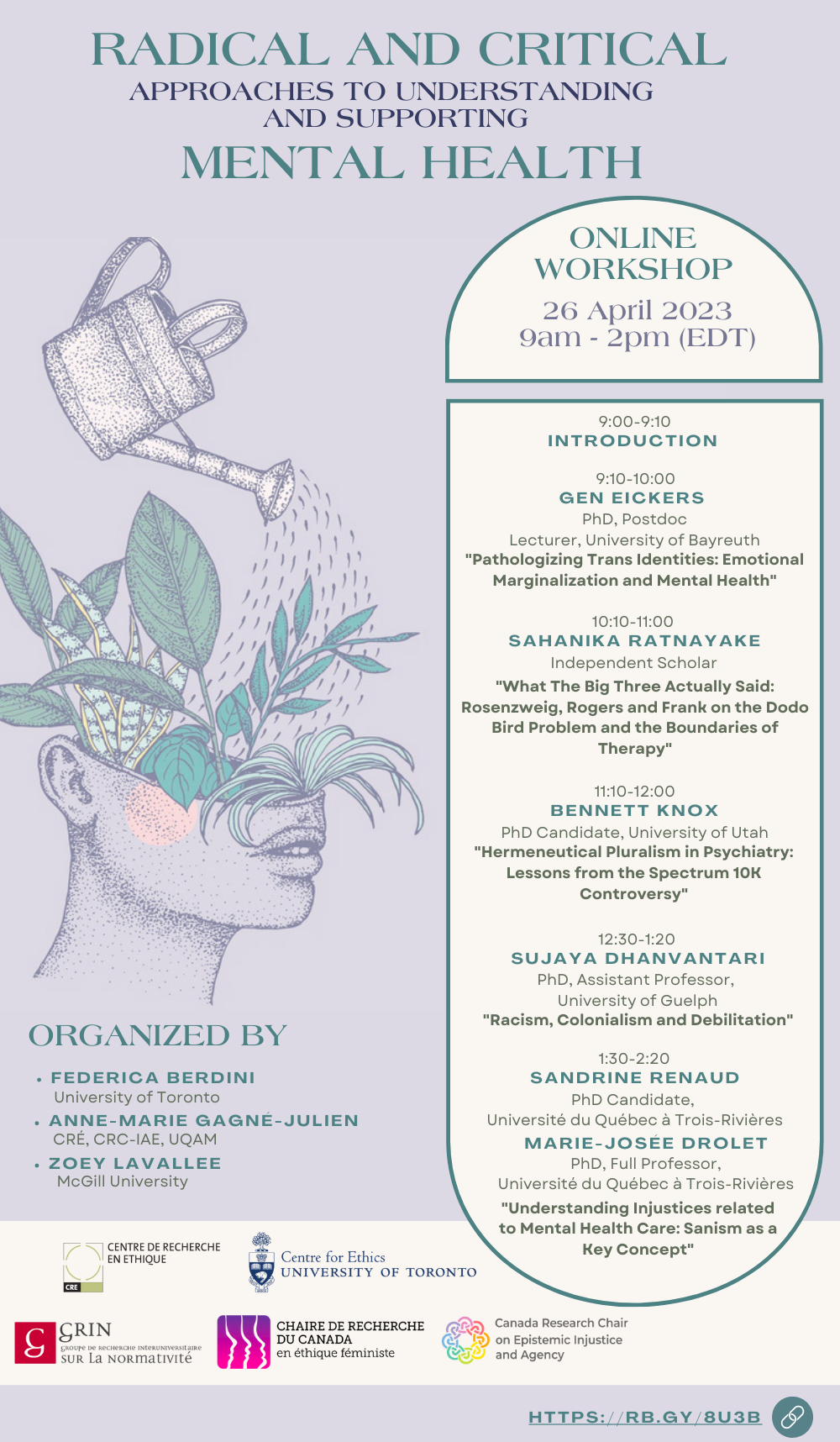
Workshop on Radical and Critical Approaches to Understanding and Supporting Mental Health
The workshop, organized by Federica Berdini, Anne-Marie Gagné-Julien, and Zoey Lavallee, is co-sponsored by the Centre de Recherche en Éthique, Montréal (CRÉ), the Centre for Ethics, University of Toronto (C4E), the Groupe de recherche interuniversitaire sur la normativité (GRIN), the Canada Research Chair on Feminist Ethics (CREF), and the Canada Research Chair on Epistemic Injustice and Agency (CRC-IAE).
26 April 2023 - 9:00 am - 2:00 pm EDT
Speakers:
- Gen Eickers: ‘Pathologizing Trans Identities: Emotional Marginalization and Mental Health’
- Sahanika Ratnayake: ‘What The Big Three Actually Said: Rosenzweig, Rogers and Frank on the Dodo Bird Problem and the Boundaries of Therapy’
- Bennett Knox: ‘Hermeneutical Pluralism in Psychiatry: Lessons from the Spectrum 10K Controversy’
- Sujaya Dhanvantari: ‘Racism, Colonialism and Debilitation’
- Sandrine Renaud: ‘Understanding Injustices related to Mental Health Care: Sanism as a Key Concept’
Workshop “Epistemic Injustice and Agency in Psychiatry and Mental Health”
Friday, March 10, 2023, 9:30 - 13:30 (EST, Montreal time zone) Organizers: Amandine Catala and Anne-Marie Gagné-Julien, Canada Research Chair on Epistemic Injustice and Agency (CRC-IAE)

Program :
Havi Carel, PhD, Professor of Philosophy, University of Bristol
Title: Vulnerabilisation in psychiatry: silence, utterances and ineffective speech
Abstract: TBA
Yael Peled, PhD, Postdoctoral Research Fellow at The Max-Planck Institute for the Study of Religious and Ethnic Diversity
Title: The Other Language Barrier
Abstract: Phenomenological approaches to experiences of trauma, depression and grief highlight an accompanying sense of linguistic disturbance: the feeling that these experiences, or parts thereof, cannot adequately be put into words, and/or they are incomprehensible to others. The experience of linguistic disturbance reflects, and may also compound, feelings of insurmountable and irreversible disturbance to a person’s world, in particular an intersubjective world and a social meaning-making process that is habitual and taken for granted. In so doing, these approaches illuminate an important and often covert form of language barrier, namely: between linguistic agents for whom participating in a social meaning-making process is experienced as a practical option available to them, and linguistic agents who feel that this option is no longer within their reach.
Such approaches, however, rarely consider the important question of linguistic disturbance, and the interconnected sense of loss of the habitual, in real-world settings of linguistic diversity and alterity. Many discussions of linguistic disturbance tend to be rooted in monolingual contexts, which are often limited to powerful (i.e. transnational, standardized, spoken) languages. This tendency necessarily constrains any resulting accounts of linguistic disturbance in trauma, depression and grief, in terms of their capacity to note, register and incorporate how linguistic disturbance is experienced by minoritised linguistic communities, for whom a taken-for-granted practical capacity to participate in social meaning-making process may not be a habitual, everyday experience in the first instance.
I explore in the paper the challenge of multilingual realities to the conception of “the other language barrier”, and contend that a diverse range of lived linguistic experiences is theoretically-, conceptually- and methodologically-salient for understanding linguistic disturbance in trauma, depression and grief. In particular, in the context of language endangerment and loss born out of historical communal experiences of language oppression, deprivation and erosion. More broadly, I highlight how a more language-aware approach to understanding linguistic disturbance can productively link ethical, epistemological and phenomenological inquiries, drawing on the connection between the philosophical study of grief and the experience of language grief as an illustrative example.
Zoey Lavallee, PhD., Postdoctoral Research Fellow at McGill University
Title: Affective Scaffolding in Addiction
Abstract: Addiction is forceful and it is remarkably hard to abstain from addictive behaviour. Accordingly, while addiction does not result in a complete loss of agential capacities, it is widely taken to involve a profound loss of control over drug-related behaviours. Theories of addiction have sought to explain how control is undermined in addiction. However, an important explanatory factor has so far been underexamined: emotion. This paper explores the link between emotion and agency in addiction. I use the concept of affective scaffolding to argue that drug use functions as a form of emotion regulation that, in certain conditions, escalates into what I term addictive affective dependence. Addictive affective dependence is extremely motivating of drug use, and in this way contributes to the agent “losing control.” An upshot of the paper is that it predicts something that is known to be true about addiction treatment and recovery: strategies that address psycho-socioeconomic conditions are particularly successful in bolstering agency in addiction. Furthermore, my analysis explains why these strategies work. Thus, the paper introduces a conceptual framework for existing effective methods of addressing addiction.
Stephanie LeBlanc-Omstead, PhD, OT Reg. (Ont.), Occupational therapist, peer supporter, carer, scholar and educator rooted in mad community.
Elizabeth Anne Kinsella, PhD, Professor and Director of the Institute of Health Sciences Education in the Faculty of Medicine and Health Sciences at McGill University.
Provisional title: Which stories are (not) being told? Complicating service user storytelling in health professions education through the lens of epistemic injustice
Abstract: It is relatively common within health professional education programs to invite people who have used mental health and social care services (hereafter, service user educators) to share their experiential knowledge with students in the form of personal stories. In this presentation, we share findings from a study that drew on epistemic injustice as a theoretical lens to inquire into service user involvement in higher education contexts. This postcritical ethnographic work critically examines the ways service user educators’ knowledge is conceptualized and shared in health professional education. We consider how the findings complicate the popular practice of solicitating service users’ ‘life stories’ or ‘mental illness narratives,’ in light of calls for greater engagement with the collective knowledge bases of Critical Disability and Mad studies. In particular, we discuss the risks of contributory injustice with this practice. Our findings contribute to a growing body of literature which problematizes the uncritical solicitation of service user educators’ stories in health professional education, and highlight the need for more thoughtful consideration of the uniquely emotional and epistemic labour that has come to be expected of storytellers.
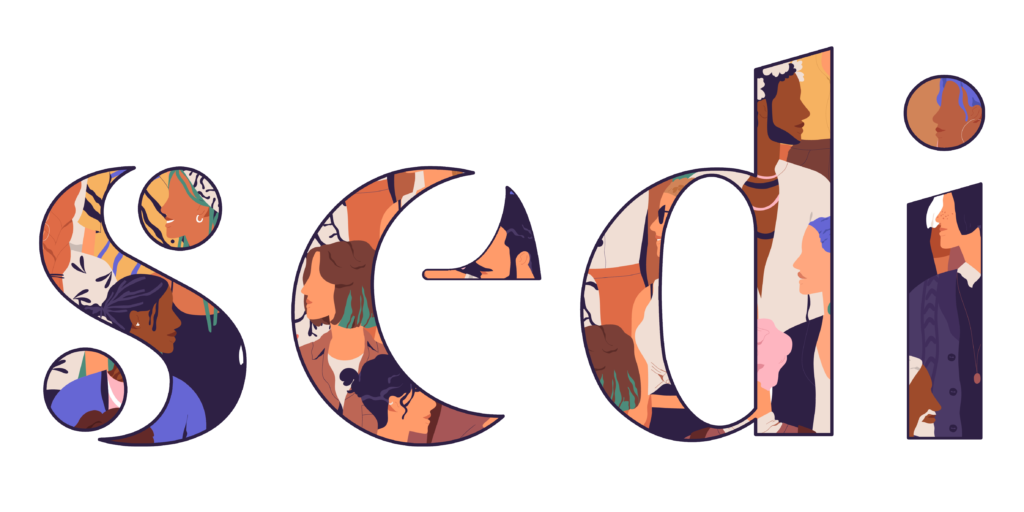
SÉDI Summer School
The Seminar for diversity in philosophy (SÉDI) is an annual initiative of five graduate students in philosophy who seek to promote diversity within the discipline.
Workshop on Identities, Agency, Diversity: Interdisciplinary Perspectives
This workshop brings together dynamic and interactive presentations around different thematic blocks dealing with issues of identity, agentivity and diversity. In collaboration with the Laboratoire de recherche Culture Identité et Langue en psychologie sociale/culturelle at UQAM, this is an opportunity to share interdisciplinary perspectives.